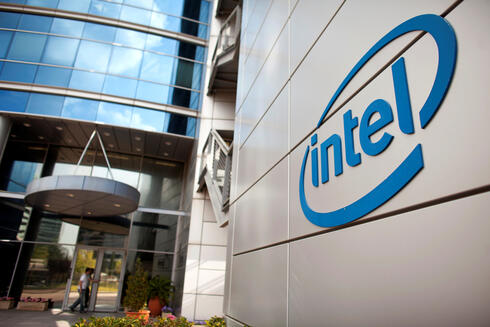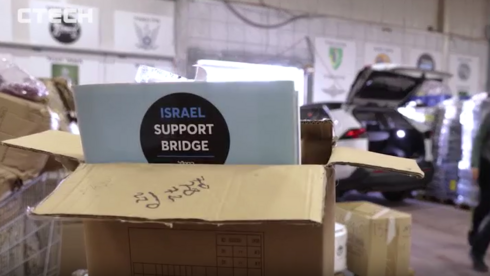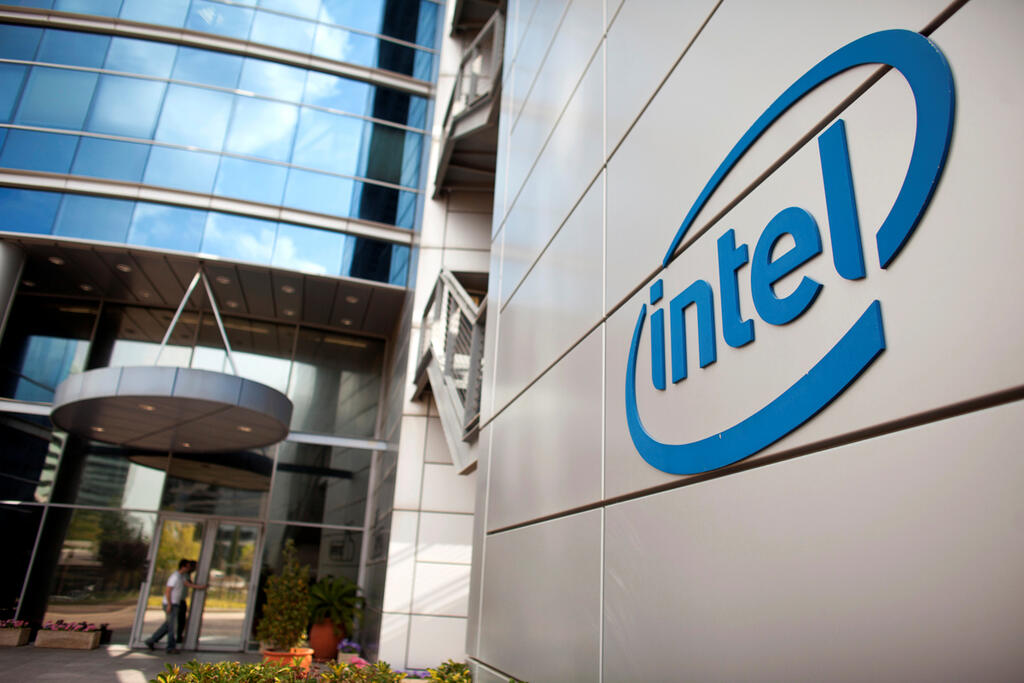
"Why should I stay at Intel?" Employees question future as layoffs loom
Amid layoffs and new austerity measures, Intel Israel employees weigh whether loyalty to the company still holds value.
"Why should I stay at Intel?" This is the question many of the company’s employees in Israel are asking themselves this week, as Intel prepares for a significant wave of layoffs and cuts to employee benefits. A recent meeting with company management, intended to boost employee morale, has only made this question more pressing.
On Sunday, Intel employees were informed that the free hot drinks and fruit previously provided in the workplace would be replaced by paid, self-service coffee stations. Today, the sophisticated espresso machines have been replaced by basic hot water dispensers, jars of instant or ground coffee, and packages with a sign instructing: “Pay at the payment kiosk. You cannot use this station without payment.” The price for a cup of coffee is now NIS 4.5.
In Intel Israel, morale is reportedly at a low point, and many employees are questioning their future with the company. This issue was central to an employee meeting in August led by co-CEO Daniel Benatar. “It felt like an attack,” one employee told Calcalist. “The question was raised: ‘Why should I stay at Intel?’ An HR representative at the meeting responded, saying, ‘I want to make it clear that we’re facing a challenging period. It’s not going to be days or weeks, but maybe months or even years. Everyone has to decide if this is the right place for them to be.’ People were shocked.”
The following day, there was another forum with co-CEO Karin Eibschitz-Segal, who attempted to control the damage. She presented slides with “reasons for optimism,” delivering a message that Intel had overcome tough times before and would do so again. However, the damage was already done. There was considerable backlash afterward, and employees felt that both Eibschitz-Segal and Benatar attended the forum with minimal motivation.
According to employees, this atmosphere is a stark contrast to previous rounds of layoffs. “In the previous wave, the messaging was optimistic, like we were just going down to come back up.”
Another problem tied to the current wave of cuts is the rapid, uncoordinated departure of key employees. “Senior, veteran employees with deep knowledge left within a month during the first voluntary phase,” said an Intel employee. “Many who left took early retirement, so these were very experienced individuals. On one project, the four most senior people— the chief architect, the engineering director, and two program managers—left on the same day, without any organized handover. It’s overwhelming.”















